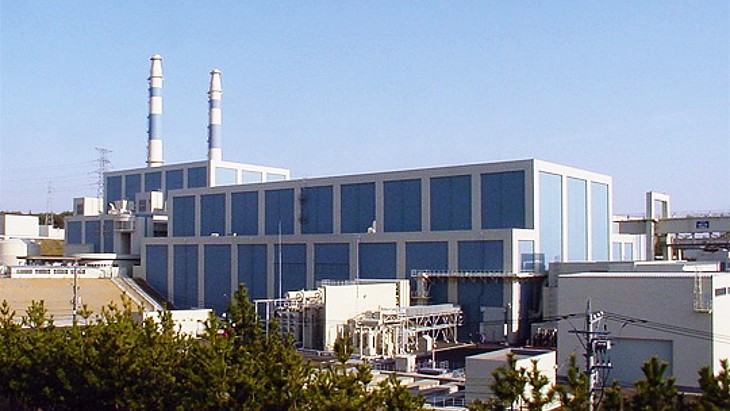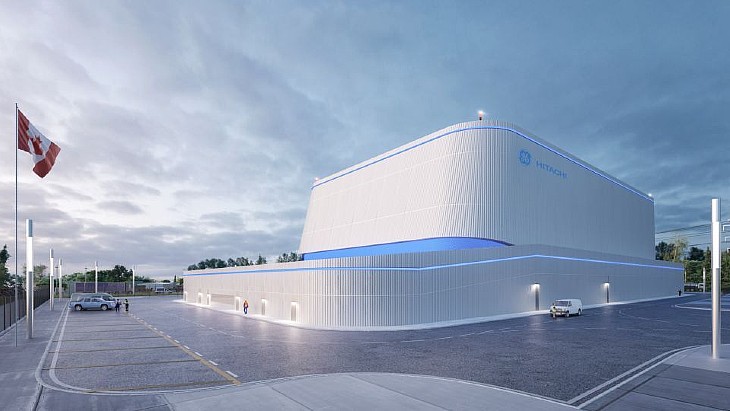'No abnormalities' reported at Japanese nuclear plants following earthquake

The International Atomic Energy Agency said it was in contact with Japan's Nuclear Regulation Authority and had been told there were "no abnormalities in nuclear power plants within the affected area", adding that the agency would continue to monitor the situation.
By Tuesday at 13:00 GMT the earthquake, the largest since 2011, was known to have caused the deaths of 48 people, with rescuers continuing to search rubble for survivors.
The closest nuclear power plant to the epicentre of the earthquake was Hokuriku Electric Power Company's Shika plant, which has been shut since the Fukushima Daiichi accident in 2011. With aftershocks continuing, regular inspections are taking place at the plant, but no major damage has been reported, with cooling and monitoring systems all operating, the company said.
A leak has been identified and is being investigated in a water tank which feeds the cooling ponds, although the operator says it is not affecting the cooling functions at the plant. There has also been a tilting by several centimetres of part of the four-metre-high steel seawall, but the rest of it is reported to be "sound and there is no risk of collapse". The automatic fire extinguishing system had been activated in the area of a transformer near unit 2, although no fire was detected.
The Japan Times reported that at Tokyo Electric Power Company Holdings' (Tepco) Kashiwazaki Kariwa nuclear power plant officials "confirmed Monday that water from a spent fuel pool spilled over due to the earthquake, but that no abnormalities in operation had been detected". In an update issued on Tuesday, Tepco said: "At the Kashiwazaki-Kariwa nuclear power plant, the readings on the stack monitors and monitoring posts installed at the power plant site boundaries are within normal fluctuation ranges, and there is no radioactivity impact on the outside world. The spent fuel pool cooling system is in operation at all units, and there are no abnormalities in fuel cooling. As of 12:25 pm on 2 January, all patrols had been completed and no abnormalities caused by this earthquake were confirmed."
Prior to the March 2011 accident at the Fukushima Daiichi plant, Japan's 54 reactors had provided around 30% of the country's electricity. However, within 14 months of the accident, the country's nuclear generation had been brought to a standstill pending regulatory change with new safety checks and regulations brought in. So far, 12 of Japan's 33 operable reactors have cleared inspections confirming they meet the new regulatory safety standards and have resumed operation. Another 17 reactors have applied to restart.










_88592.jpg)

